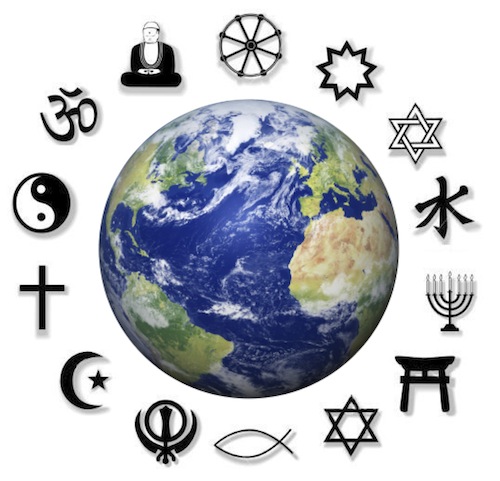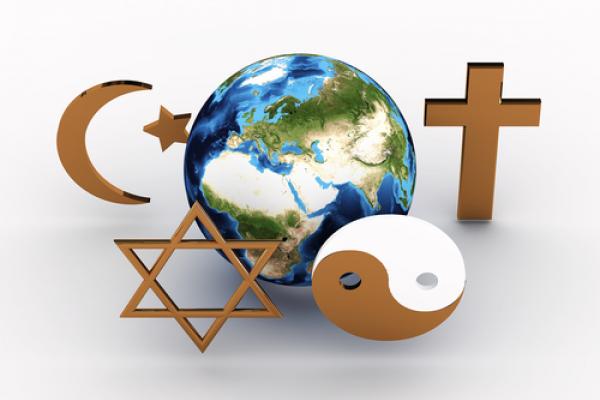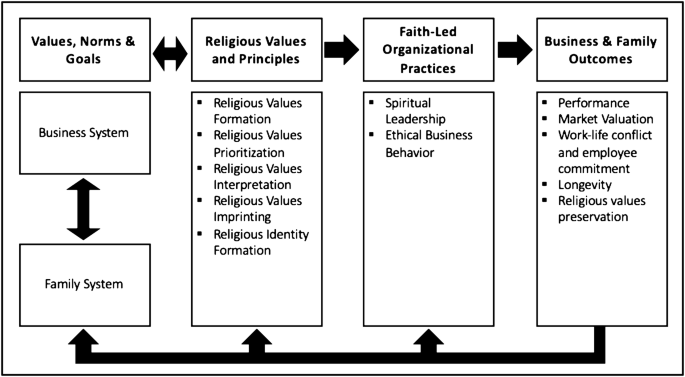Exploring Unity in the World of Faith – Interfaith and Ecumenism
In today’s diverse and interconnected world, understanding and promoting unity among different faith traditions has become increasingly important. Interfaith dialogue and ecumenism are two powerful movements that aim to foster cooperation, tolerance, and respect among people of different religious backgrounds. In this blog post, we will delve into the meaning and significance of interfaith and ecumenism, exploring their characteristics, benefits, and the potential for building bridges between different religious communities.
Interfaith dialogue refers to open and sincere conversations and interactions between individuals or groups representing different religious beliefs. It involves sharing perspectives, beliefs, and experiences, with the goal of developing mutual understanding and creating a sense of unity. Interfaith dialogue promotes acceptance, peace, and cooperation, allowing people to transcend religious differences and work together towards common goals.
Ecumenism, on the other hand, focuses specifically on promoting unity among various Christian denominations. The term originated from the Greek word “oikoumene,” meaning “the whole inhabited world.” Ecumenism strives to establish common ground and cooperation among different Christian traditions, churches, and communities, with the objective of achieving religious harmony and fostering a collective witness to the Gospel.
By engaging in interfaith dialogue or participating in ecumenical initiatives, individuals and religious communities can reap numerous benefits. Firstly, it cultivates a culture of respect and understanding, breaking down stereotypes, prejudices, and misconceptions that may exist between different faith groups. Secondly, it encourages individuals to deepen their own faith while learning about and appreciating the beliefs and practices of others. This process contributes to personal and spiritual growth, broadening one’s horizons and promoting a more comprehensive worldview.
Furthermore, interfaith and ecumenical collaborations often address common social and humanitarian challenges, such as poverty, inequality, environmental issues, and peace-building efforts. By combining their resources, knowledge, and expertise, religious communities can have a more significant impact on these pressing global issues, working together to create positive change in the world.
To maximize the effects of interfaith dialogue and ecumenical initiatives, it is crucial to foster an atmosphere of inclusivity, respect, and genuine curiosity. Here are a few practical steps individuals and communities can take:
1. Initiate open-minded conversations: Reach out to individuals from different faith backgrounds and engage in thoughtful conversations that encourage dialogue and understanding.
2. Attend interfaith or ecumenical events: Participate in local or online events that bring together people from various religious traditions. These events often include discussions, workshops, and shared experiences.
3. Educate yourself about different faiths: Read books, articles, or watch documentaries that provide insights into different religious beliefs and practices. This knowledge will help you understand and appreciate the diversity within the world of faith.
4. Support interfaith and ecumenical organizations: Contribute to and volunteer for organizations dedicated to promoting interfaith harmony and ecumenical unity. They often organize initiatives, projects, and events that bridge gaps and build relationships.
5. Embrace diversity in your own religious community: Encourage openness and acceptance within your own religious community. Engage in conversations that celebrate the diversity of beliefs, practices, and traditions among your fellow congregants.
In conclusion, interfaith dialogue and ecumenism offer invaluable opportunities for individuals and communities to come together, develop mutual respect, and foster unity. By actively engaging in these initiatives, we can build bridges of understanding and work towards a more harmonious and compassionate world, where people of different faiths can coexist peacefully while celebrating the richness and diversity of their religious traditions. Let us embrace the power of unity in the world of faith and contribute to a better future for all.











